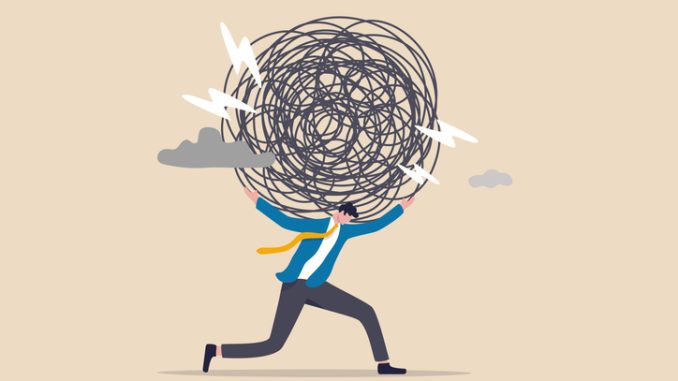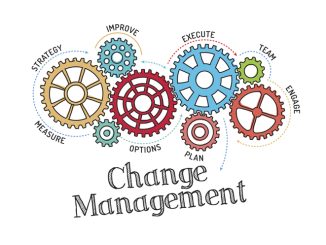
Feeling frazzled, overwhelmed, or just plain exhausted? You’re not alone. The modern world seems to be spinning faster than ever, leaving many of us struggling to keep up. But what’s really behind this epidemic of burnout, and how can we fight back? In this article, we’ll explore the concept of micro-stress and offer practical strategies for reclaiming control over our lives
CREDIT: This is an edited version of an article that originally appeared on Harvard Business Review
While it’s tempting to blame our hectic schedules for our mounting stress levels, the truth may be more nuanced. According to research highlighted in “The Micro-stress Effect,” it’s not just the quantity of work that’s wearing us down—it’s the countless tiny stressors that accumulate throughout our day. From navigating conflicting priorities to managing difficult relationships, these micro-stressors can take a significant toll on our mental and emotional well-being.
Identifying your micro-stress
To combat micro-stress effectively, it’s essential to identify its sources in your life. Here are some common types of micro-stress, grouped into three categories:
Micro-stresses that drain your capacity to get things done
- Misalignment between collaborators on roles or priorities
- Uncertainty about others’ reliability
- Unpredictable behaviour from authority figures
- High-volume collaborative demands
- Surges in responsibilities at work or home
Micro-stresses that deplete your emotional reserves
- Feeling responsible for others’ success and well-being
- Confrontational conversations
- Lack of trust in your network
- Dealing with people who spread stress
- Navigating political dynamics
Micro-stresses that challenge your identity
- Pressure to pursue goals that conflict with your values
- Attacks on your self-confidence or worth
- Negative interactions with family or friends
- Disruptions to your social network
Taking action to reduce micro-stress
Armed with an understanding of your personal sources of micro-stress, it’s time to take action:
- Start small: Focus on addressing one manageable micro-stressor each week to build confidence and momentum.
- Cultivate resilience: Invest in positive interactions and relationships that provide support and perspective.
- Tackle bigger stressors: Gradually work up to addressing larger sources of micro-stress, drawing on your growing resilience.
- Manage concern for others: Recognise and address stressors stemming from worry about loved ones, setting boundaries where necessary.
- Find meaningful connections: Build a multi-dimensional life by engaging in activities and relationships outside of work and home that bring joy and fulfilment.
While the challenges of modern life may seem overwhelming at times, we possess the agency to navigate them successfully. By adopting a proactive approach to managing micro-stress and prioritising our mental and emotional health, we can cultivate a more balanced and fulfilling existence.


Be the first to comment